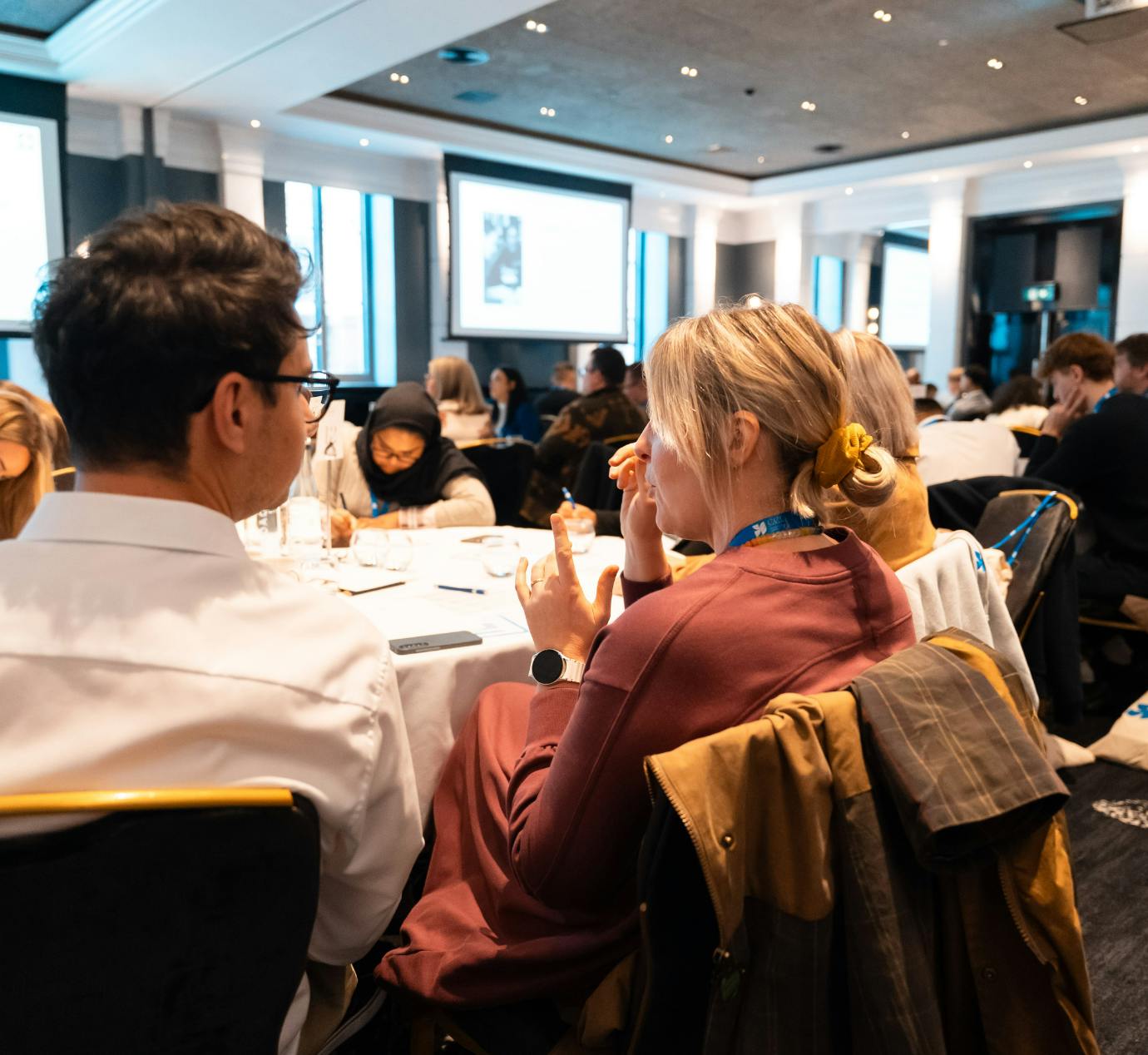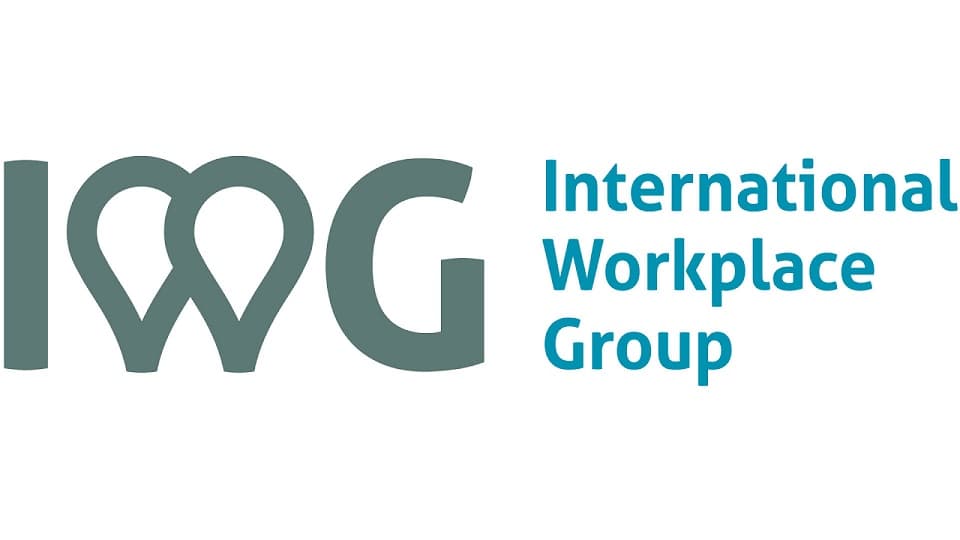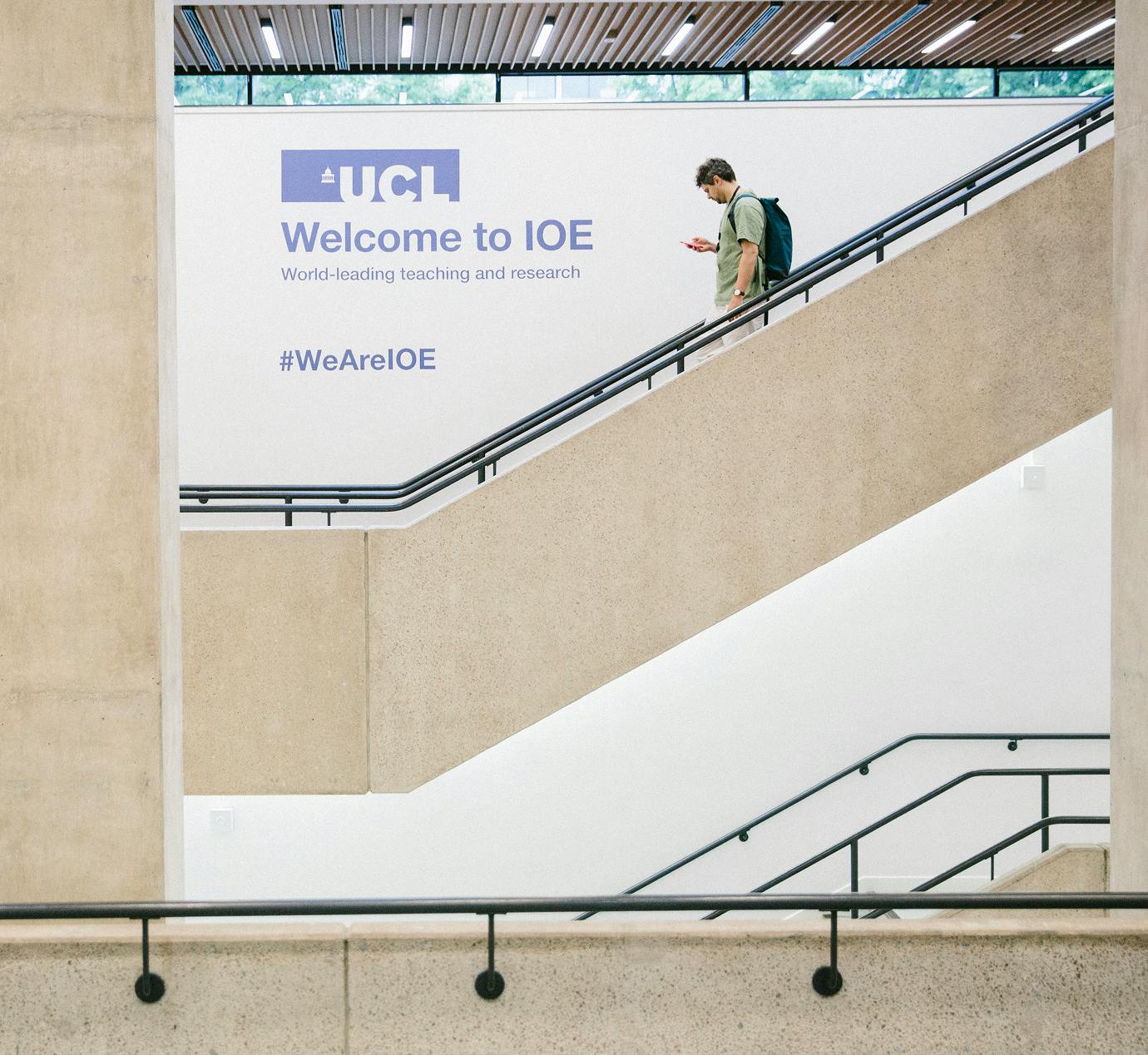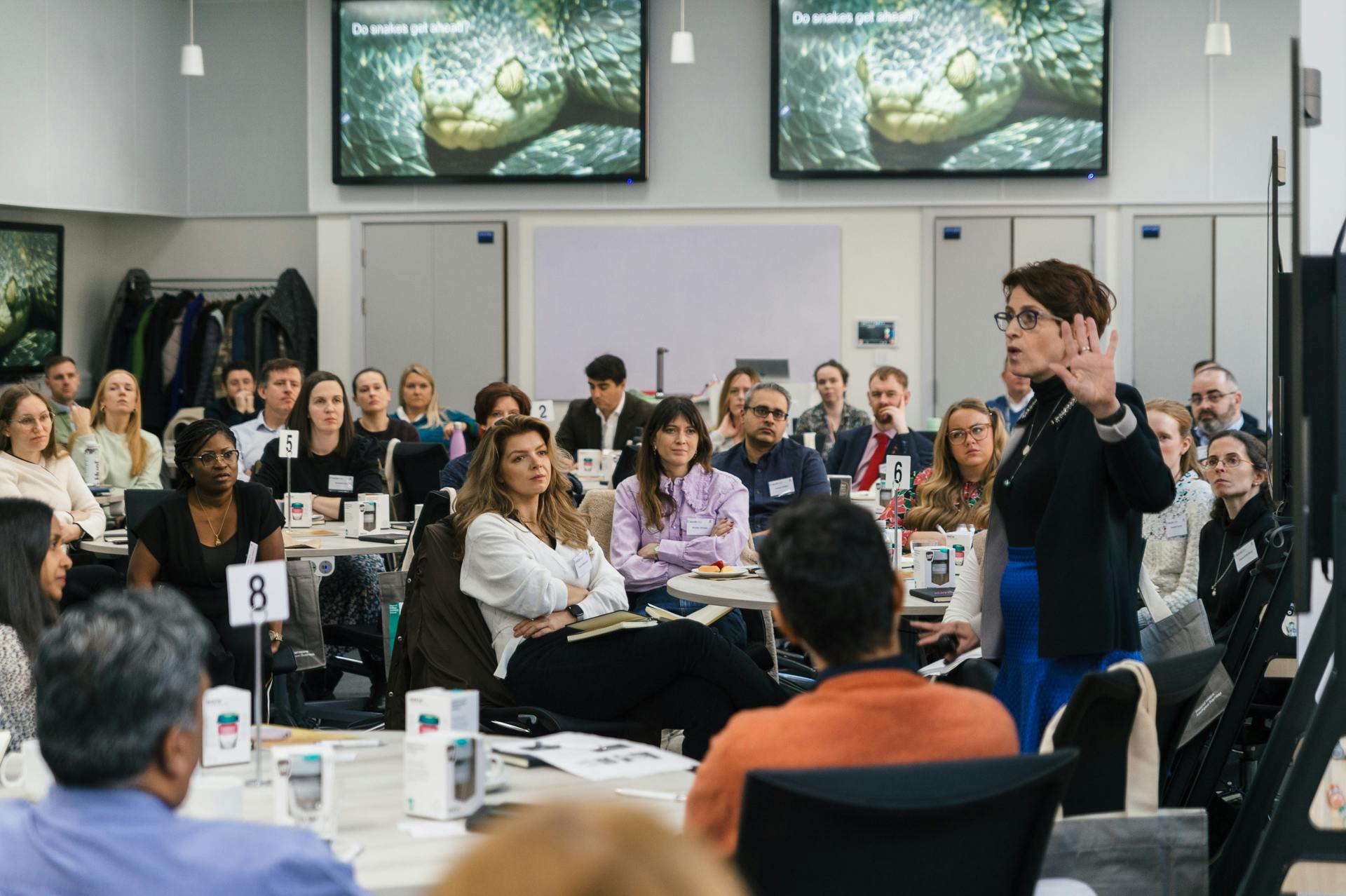

Frontline Leadership: The Power of Leadership in Healthcare
In an era where healthcare systems worldwide face unprecedented challenges, the stories of three extraordinary women within the NHS exemplify resilience, innovation, and transformational leadership.
In the complex and challenging healthcare arena, these leaders have embarked on journeys that challenged their personal and professional limits and redefined what it means to lead with vision, empathy, and strategic acumen.
Ruchi Sinha, Archana Kshirsagar, and Sakura Hingley, hailing from paediatric healthcare backgrounds, they share a common narrative of growth driven by a unique blend of one-to-one coaching and leadership training that transcends traditional boundaries. Their stories unfold against the backdrop of the NHS, a symbol of enduring commitment to health and well-being amidst the trials of resource constraints and operational pressures.
One-to-one coaching that transforms
At the core of Ruchi's transformative journey was a mentorship experience unlike any other. Coming from a background entirely unrelated to healthcare, her mentor became the catalyst for significant personal and professional growth.
Ruchi recounts the early frustrations and the profound impact of her mentor, "initially, I would get really frustrated with her because I couldn't understand why she couldn't understand that I was so angry about so many things. There's a lot of anger, which comes from a kind of powerlessness. She taught me about the sphere of influence—what you can control and what you can't, and we went over this week in, week out, time after time. "This candid admission reveals the depth of the emotional challenges faced by those in critical care settings.
Ruchi attributes a significant reduction in stress and improved stakeholder engagement to these lessons, emphasising, "For my own mental health and growth, it's been really quite revolutionary. This process has banished my stress hugely, and I've been much more successful in gaining support from key stakeholders. And I would say that was all down to Roz. It's all thanks to her."
Critical leadership skills open doors
Beyond the emotional resilience and strategic mindset fostered through mentorship, Ruchi also gained practical skills that have empowered her to advance her initiatives within the trust. She has mastered the art of writing business proposals and now possesses a critical eye for evaluating the feasibility of projects and proposals. "Now, I know how to write a business proposal properly, and similarly, when someone tells me why something can't be done, I know whether it's correct or not or how to get around it."
Ruchi continues to navigate the delicate balance of providing critical care while driving improvements within her trust, making her an exemplary figure in paediatric healthcare leadership.

“The best thing about this programme was my mentor. The mentorship helped crystallise the things that I couldn't reconcile myself.”

Archana's story
Archana Kshirsagar of the Chelsea and Westminster Hospital NHS Foundation Trust begins with a crucial realisation: "The world is very volatile, so understanding how we can be prepared for that is what I really valued from this programme." This truth sets the stage for Archana's growth, where the principles of authentic leadership emerge as essential tools for navigating the complexities of healthcare management.
Developing authentic leadership skills
Archana recognises the skills she has developed from this programme, including "How to be an authentic leader and portray your own vulnerabilities, understand the other person's perspective, and try to get both sides of a story first." Archana also shares, "The environment within clinical operations can be quite tense. We're dealing with life and death, which is more stressful and as a result, I don't think we do a very good job within the NHS of understanding the needs of the people in our teams to enable them to be their professional best. This course has helped me better understand that. I've certainly changed."
This repertoire of skills extends to "horizon scanning and the financial aspects of running a business that we don't get exposed to that much," along with insights into managing projects and engaging diverse stakeholder opinions.
The rippling impact of one-to-one coaching
The impact of Archana's one-to-one coach was particularly noteworthy, "I have to say, Andy, my coach, was amazing. Having a coach from outside the NHS really opened my eyes. I've never had anybody lead or coach me in such a personable way. I now try to emulate that in my own behaviour." This experience enriched her leadership capabilities and reshaped her approach to managing and inspiring her team within the NHS.
Archana's story captures the essence of leadership evolution within the healthcare sector, emphasising the transformative impact of leadership training and coaching. Through her journey, we see how enhanced leadership skills can lead to systemic changes, ultimately improving operational efficiency and culture within healthcare organisations.
From systemic challenges to sustainable solutions
The crux of Archana's programme project pivots around a formidable challenge: a system fraught with inequity and inefficiency. She describes the initial dilemma: "We had a two-tier system within the consultant body, and we weren't covering all the clinical areas safely, and the out-of-hours workload was not equitable and was leading to quite a lot of resentment The response to this challenge was revolutionary—a complete overhaul of the working model to ensure equitable work distribution and enhance operational safety. In consultation with A&E and all the nursing staff, Archana was able to deliver a new way of working to ensure cover for A&E.
This endeavour, marked by complexity and resistance, showcased the power of leadership training in action. Archana reflects, "It was very challenging to get everybody on board, but I could because I had done this course. I was able to understand that people would have their own points of view." Her leadership journey illuminated the importance of understanding diverse perspectives and fostering open dialogue, which is critical in navigating the intricacies of change management within a healthcare setting.
"I've never had anybody lead or coach me in such a personable way. I now try to emulate that in my own behaviour."

Sakura's story
Innovating workforce planning at the NHS
The core of Sakura's project was a pressing issue within the NHS: workforce planning. This challenge, deemed a severe risk to operations, required a nuanced, structured approach. The leadership programme provided Sakura with the tools to dissect the problem, prioritise solutions, and engage stakeholders in meaningful dialogue. She reflects on the process: "This programme helped me look at the project in a structured way, highlighting which bits to focus on first, how I needed to deliver it, how to get stakeholders interested, and how to design a plan to improve our recruitment."
Midway through her project, Sakura has successfully garnered managerial support, recognising that acknowledging the issue is a critical first step in the NHS context. Her strategic approach and clear understanding of problem-solving dynamics have paved the way for potential transformative changes in recruitment and workforce management.
The power of one-to-one coaching
A pivotal element in Sakura's leadership development was the one-to-one coaching sessions. These interactions, which encouraged her to articulate her clinical experiences, were crucial in refining her focus and uncovering overlooked aspects of her work. She notes, "The one-to-one coaching was really useful...I found that if you say a thing out loud, you get to the heart of the more important things you realise you've been missing." This reflective practice allowed Sakura to concentrate on her priorities, enhancing her project's effectiveness and impact.
Advocating for structured leadership training for doctors
Sakura champions the formalisation of leadership training within medical education, especially noting its absence in long training periods like paediatrics. Her initiative to discuss leadership with senior registrars and colleagues stems from a belief in the necessity of structured training to mentor junior doctors effectively and foster collaborative teamwork. She argues, "Paediatrics, for example, is eight years of training, and you only take on leadership responsibilities or trainee responsibilities near the end...to be able to work with teams and work with other people, to be able to mentor the more junior doctors, you need structured training."
Through her engagement in the leadership programme and advocacy for formal leadership education, Sakura Hingley stands out as a forward-thinking leader dedicated to addressing one of the NHS's most daunting challenges. Her story underscores the vital intersection of clinical expertise and leadership acumen in driving innovation and improvement within healthcare.
The stories of Ruchi Sinha, Archana Kshirsagar, and Sakura Hingley illuminate the transformative potential of leadership development in healthcare. Their stories, rooted in the complex dynamics of the NHS, reflect a broader narrative of resilience, innovation, and strategic foresight that is critical to navigating the intricacies of healthcare management and patient care.
Through their experiences, a compelling argument unfolds for the indispensability of tailored leadership training and mentorship in fostering a generation of healthcare leaders equipped to face the myriad challenges of modern healthcare systems.
These narratives demonstrate the critical role of emotional resilience, authentic engagement, and strategic planning in enhancing patient care, team performance, and organisational health. It also highlights the urgent need for systemic integration of leadership development programmes within healthcare. By prioritising leadership skills alongside clinical expertise, healthcare systems can better prepare their professionals to lead with empathy, innovate within constraints, and effectively manage the complex challenges of the 21st century.
As the healthcare landscape continues to evolve, the need for visionary and resilient leaders like Ruchi, Archana, and Sakura becomes ever more critical. These leaders ensure that healthcare systems can withstand today's challenges and thrive in the future.
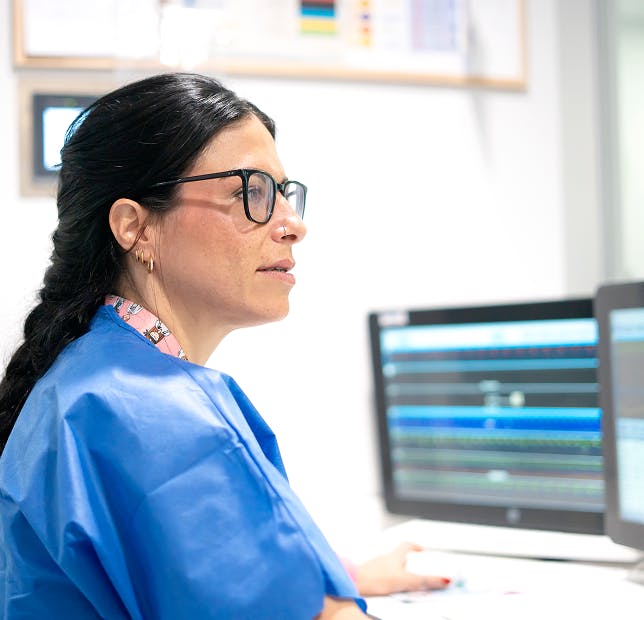
Success without the wait
We’ve partnered with over 400 enterprise organisations, and tens of thousands of people within them. Here’s just a snapshot of their stories, showing what’s possible when you give people everything they need to thrive.
